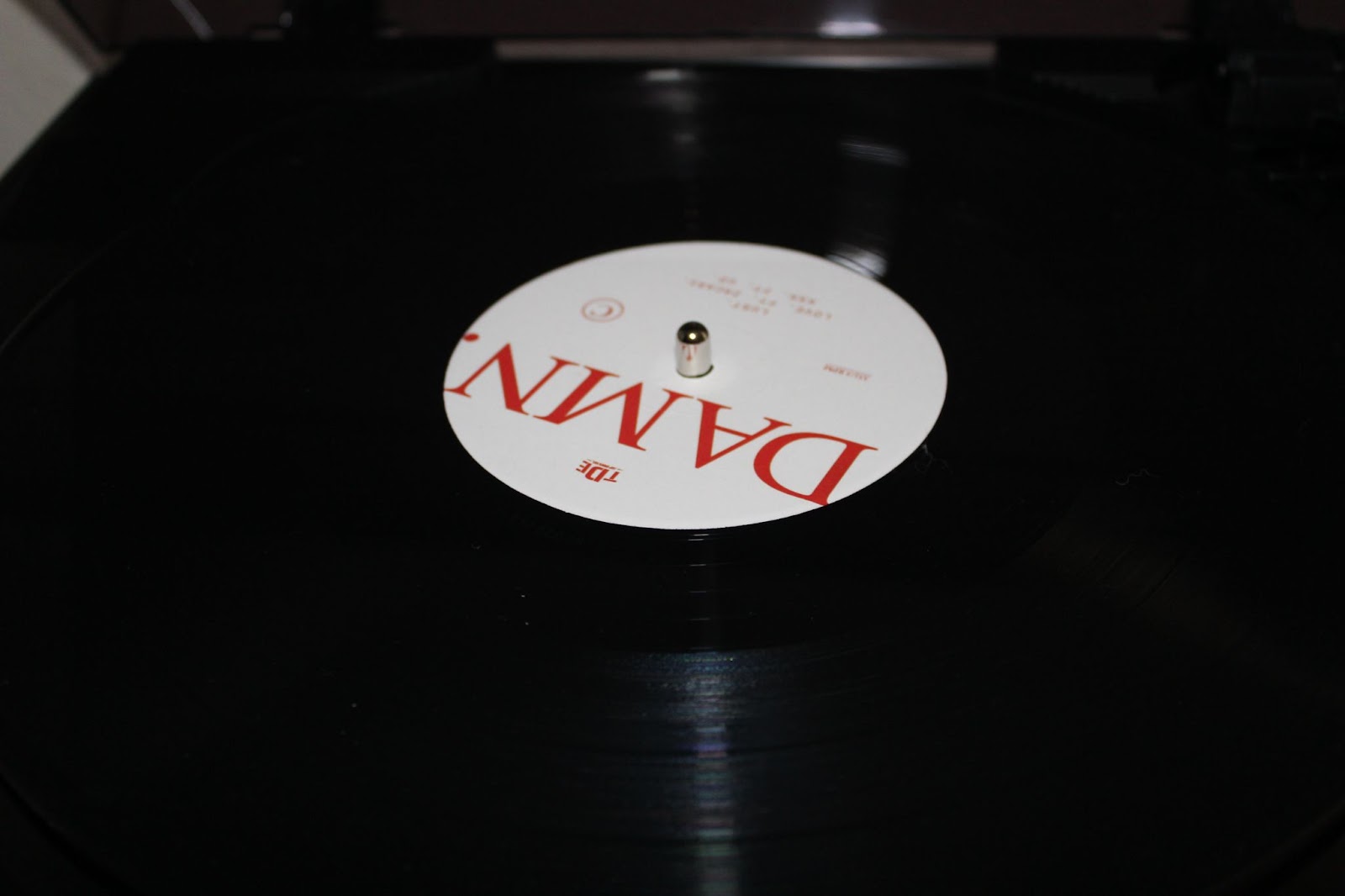-
Kevin
-
 January 6, 2020
January 6, 2020
-
 Common Phrases
Common Phrases
Empty Barrel: What Does It Actually Mean?
You’ve probably heard a baby-boomer or an exasperated elderly person say the phrase, “Empty vessels make more noise.”
The iconic phrase is ancient: It traces its origin back to Plato, the father of modern philosophy. It is widely assumed that Plato said, “An empty vessel makes the loudest sound, so they that have the least wit are the greatest babblers.”

There is a Spanish proverb with similar undertones and wording, which goes “Tienen algo que decir/tienen que decir algo.” This roughly translates to “They have something to say/they have to say something.”
The Dictionary of Thoughts by Tryon Edwards quotes a phrase from Shakespeare, with a slight variation. “The empty vessel makes the greatest sound.” This book incidentally also attributes the original quote to Plato.
So, what does this phrase from the 4th century BC actually mean?
Quite Literally:
Let’s examine the literal interpretation first. A drum is a hollowed-out percussion musical instrument. The insides of a drum are empty and it is this precise feature that allows it to make noise when beaten. Vibrations move around the empty space and create music or noise, depending on the skill of the drummer.
If a person knocks on hollow wood, say the surface of a desk with drawers or a cupboard door, it creates sound.
The phrase literally means a certain emptiness or hollowness is required in order to create noise. And the more emptiness or shallowness there is to the object, the more noise it creates.
The Figurative Approach:
This phrase is best used to describe excessive talkers. It implies that the more a person talks, the less knowledge and wisdom they possess.
It can sometimes mean the reverse too. The more foolish a person is, the more they tend to blabber on. Wisdom and speech seem to be inversely connected and the phrase is often used to criticize or insult chatterboxes.
It’s often found that people with a particular penchant for speech seem to be less concerned with the facts of things. Opinions and emotions rule over apparent fact. This makes their speech especially unreliable and tiresome to listen to.
Political Drama:
Myeshia Johnson, the widow of a fallen veteran sought consolation from the President of the United States. Her husband, LaDavid Johnson, was killed in action in Niger. Donald Trump, in his usual manner, botched what was supposed to be a sensitive moment.
Irked by his callous nature, Representative Frederica Wilson, a member of Congress (Florida), spoke out against President Donald Trump in a public manner. President Trump’s former White House Chief of Staff, John Kelly quickly jumped to Trump’s defense.
Former White House Chief of Staff John Kelly said Wilson “stood up, and in a long tradition of empty barrels making the most noise, stood up there in all of that and talked about how she was instrumental in getting the funding for that building.”
He also falsely accused Wilson of petitioning Barrack Obama on a phone call for this funding.
This statement was issued in reference to Rep. Wilson apparently bragging about securing funding for an FBI building. Gen. Kelly referred to Representative Frederica Wilson as an “empty barrel”. He essentially called her a loudmouth without much content to her. He has used the term in the past.
According to Fox News, this is Kelly’s way of eloquently calling people liars.
Congresswoman Frederica Wilson responded via a tweet by saying that the phrase was a racist term and that it had been used to racially discriminate before. Multiple examinations of this phrase did not yield any evidence that it contains racial connotations.
It most closely seems to resemble Plato’s original quote in the sense that liars and talkers are usually the loudest ones in the room.
What is the lesson here?
Consider this quote from ‘An Exposition on the Second Epistle General of St. Peter’, writing by Thomas Adams and James Sherman, published in 1848. “Empty vessels make always the loudest sound; the less virtue, the greater report. Deep rivers pass away in silence; profound knowledge says little; but what a murmur and bubbling, yea, sometimes what a roaring, do they make in the shallows!”
This eloquently worded description sums up the age-old adage: in silence, there is confidence and worthiness.
A knowledgeable person doesn’t speak for the sake of speaking. Words are tools and should be used sparingly and with careful consideration. Communication loses value when done in excess. An empty barrel fires no rounds hence serves no purpose other than to make noise.
If there’s a lesson in this proverb, it’s to listen before speaking.
Discover many more proverbs here.
The Word Counter is a dynamic online tool used for counting words, characters, sentences, paragraphs, and pages in real time, along with spelling and grammar checking.




